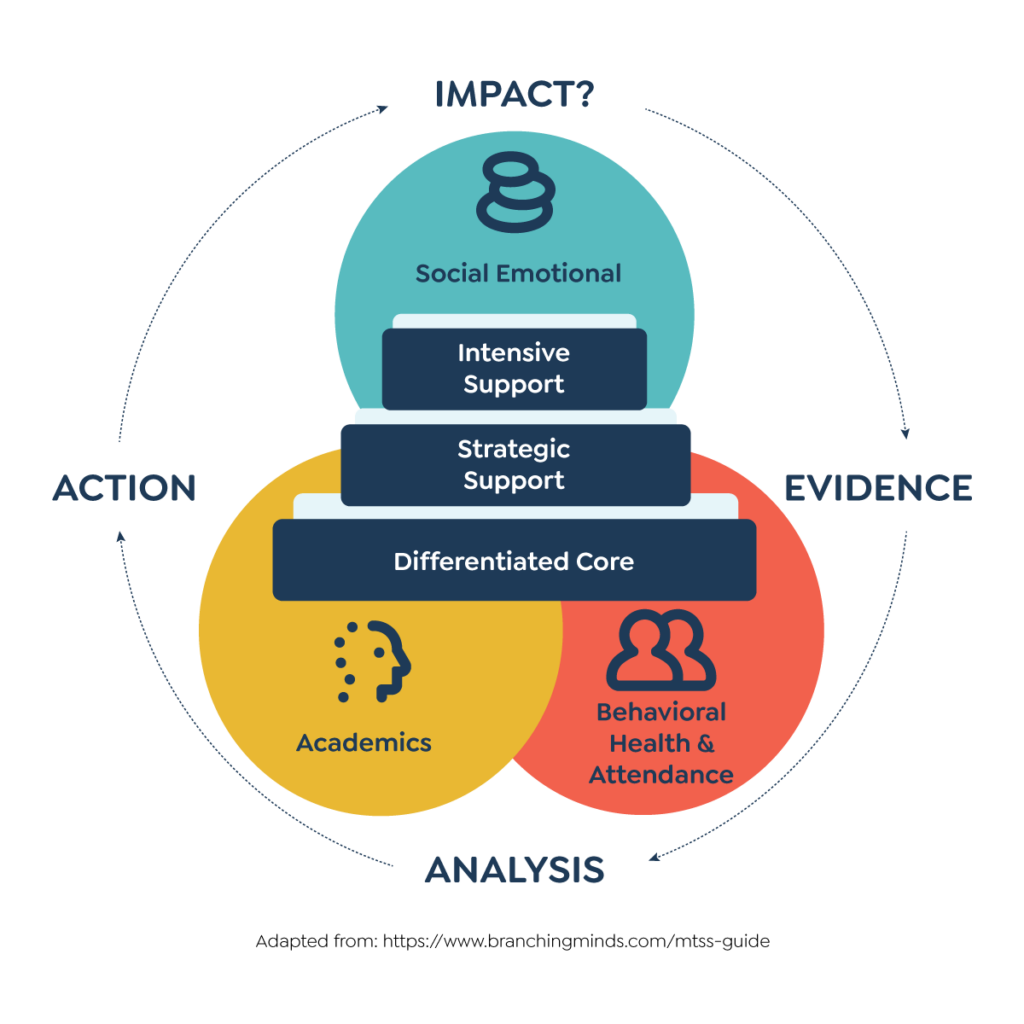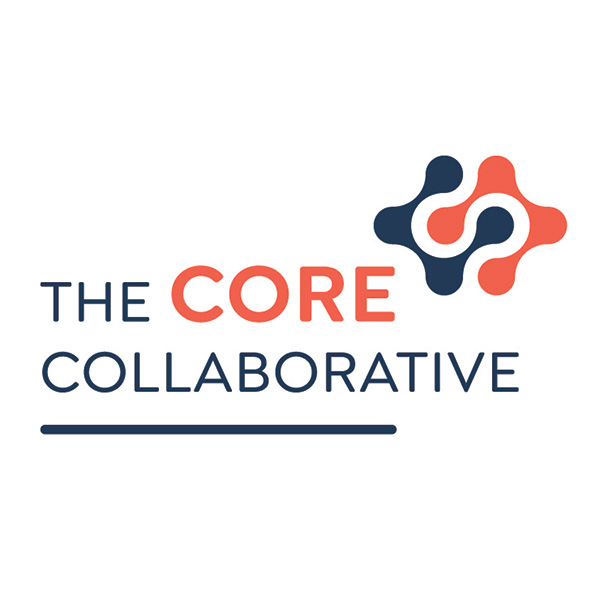In an interconnected world where every action reverberates across communities and generations, understanding the power of our impact has never been more crucial. Knowing your impact transcends mere self-awareness; it is the key to unlocking purposeful change, fostering meaningful relationships, and driving sustainable progress. When we comprehend the ripple effects of our decisions and behaviors, we gain the ability to align our efforts with our values, creating a legacy of positive influence.
The power of knowing your impact lies in its transformative potential. It propels individuals and organizations beyond passive existence into a realm of intentional action. With this knowledge, leaders can inspire and empower, educators can tailor their approaches to uplift every student, and communities can unite toward common goals. This awareness fosters accountability and encourages a culture of continuous improvement, where every step forward is measured not just by immediate outcomes but by the enduring benefits to society.
Evidence-Analysis-Action
Knowing your impact is about harnessing the power of reflection and insight to drive purposeful action. It is about making informed choices that resonate beyond the present moment, shaping a world where every contribution, no matter how small, contributes to the greater good. This profound awareness is the foundation upon which true progress is built, empowering us to leave an indelible mark on the world.
Every summer at The Core Collaborative, we triangulate evidence to determine the impact of our efforts. Our “mind fuel” comes from applying Evidence-Analysis-Action (E-A-A) (Figure 1.1 EAA Framework p. 18 LIT 2.0) in which we acknowledge our successes, identify our struggles, and analyze both so we can inspire adaptations, revisions, and innovations for the next school year.
EVIDENCE

To determine our TCC impact we examine multiple sources of evidence, including:
- perception data (including feedback surveys, focus groups, and interviews),
- performance data (including student assessment results and team performance as measured by protocol completion),
- student/teamwork (including formative student work and formative team protocol documentation), and
- observation data (including direct observation and video evidence of team protocol implementation as well as classroom protocol implementation).
- Street Data or qualitative data that magnifies the voices of our school communities.
ANALYSIS
We analyze this evidence by posing questions for team discussion such as:
- Why was ____ successful?
- What kind of thinking made this success possible?
- What self-regulation strategies were utilized?
- What conditions of efficacy were fostered?
- What barriers kept ____ from being successful?
- Why did these barriers exist?
- What skills or strategies were missing?
- Have we made an impact with our school’s most marginalized students?
- What skills or strategies were missing?
- Are we missing information that we need?
ACTION
Once we are confident in our analysis, we commit to the actions we have determined are making an impact and we look for ways to expand what is working. Building on our successes, we focus on opportunities for growth and improvement and dig into the research to determine collective actions that support our next steps. Then we “check in” on our actions to see if they are getting the impact our students deserve.
- What actions can we take to sustain the success our schools have experienced?
- How can we use their success and apply what led to their success to an area of needs?
- Are our actions culturally affirming and sustaining?
- Do we have schools or teams that can learn from each other?
- Do our actions support quality implementation?
Core Collaborative Case Studies
The Core Collaborative Case Studies showcase the remarkable transformation our partner schools have achieved through dedication, innovation, and a commitment to equity. These narratives are not just stories; they are powerful testimonies of how strategic collaboration and data-driven practices can revolutionize educational environments. Each case study highlights unique challenges faced by diverse communities and the tailored solutions that led to measurable improvements in student outcomes, teacher efficacy, and overall school culture.
By delving into these case studies, we not only celebrate the successes of our partner schools but also provide a roadmap for others seeking to create meaningful change. These examples serve as a beacon of hope and a source of inspiration, demonstrating that with the right support and collaborative spirit, every school has the potential to become a thriving, equitable learning community.
Join us in exploring and celebrating these impactful journeys and witness the profound difference that focused, culturally responsive practices can make in all learning spaces!
- Learn about the early success Sanford B. Dole Middle School in Honolulu, Hawaii celebrated after focusing on teacher and student empowerment.
- Read how Joplin School District in Joplin, Missouri refocused their PLCs to put students at the center across the district.
- Check out PS 78’s journey in Staten Island, New York as they worked their way out of comprehensive support and improvement through their focus on student ownership and structures and processes in literacy.
Check out more TCC Case Studies and let us know how we can be a partner on your journey!
Explore Impact Teams

